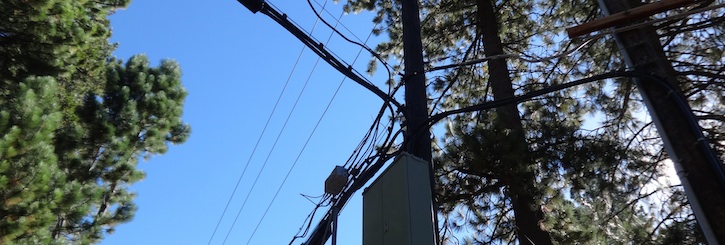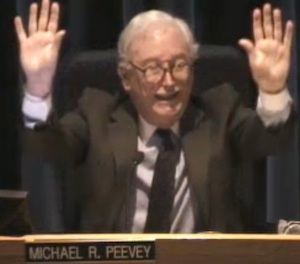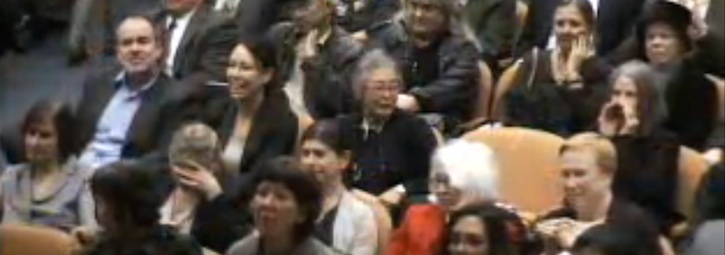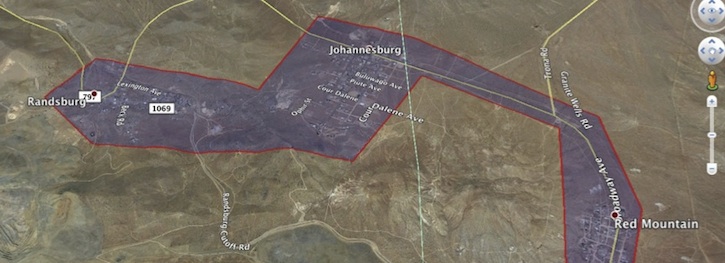CPUC considers eventual convergence of rural broadband and phone

Telecommunications service and infrastructure is subsidised in a couple of different ways in rural California. The California Advanced Services Fund pays the lion’s share of the cost of building broadband infrastructure in under and unserved areas, and the California High Cost Fund supports telephone service as well as infrastructure. The latter is divided between rural areas served by bigger incumbents, like AT&T, Verizon and Frontier, and those served by small rural companies, like Pinnacles Telephone or Ponderosa.… More



![By Unknown or not provided (U.S. National Archives and Records Administration) [Public domain], via Wikimedia Commons](https://www.tellusventure.com/blog/images/2014/12/public_housing_old_style.jpg)
![By Unknown photographer; ; Imaging by Gwillhickers [Public domain], via Wikimedia Commons](https://www.tellusventure.com/blog/images/2014/12/post_wagon.jpg)

![By Doc Searls (Flickr: 2012_11_23_sjc-iah-bos179) [CC-BY-2.0 (https://creativecommons.org/licenses/by/2.0)], via Wikimedia Commons](https://www.tellusventure.com/blog/images/2014/12/helendale.jpg)
![By Sanfranman59 (Own work) [GFDL (https://www.gnu.org/copyleft/fdl.html) or CC-BY-SA-3.0-2.5-2.0-1.0 (https://creativecommons.org/licenses/by-sa/3.0)], via Wikimedia Commons](https://www.tellusventure.com/blog/images/2014/12/california_hotel.jpg)

